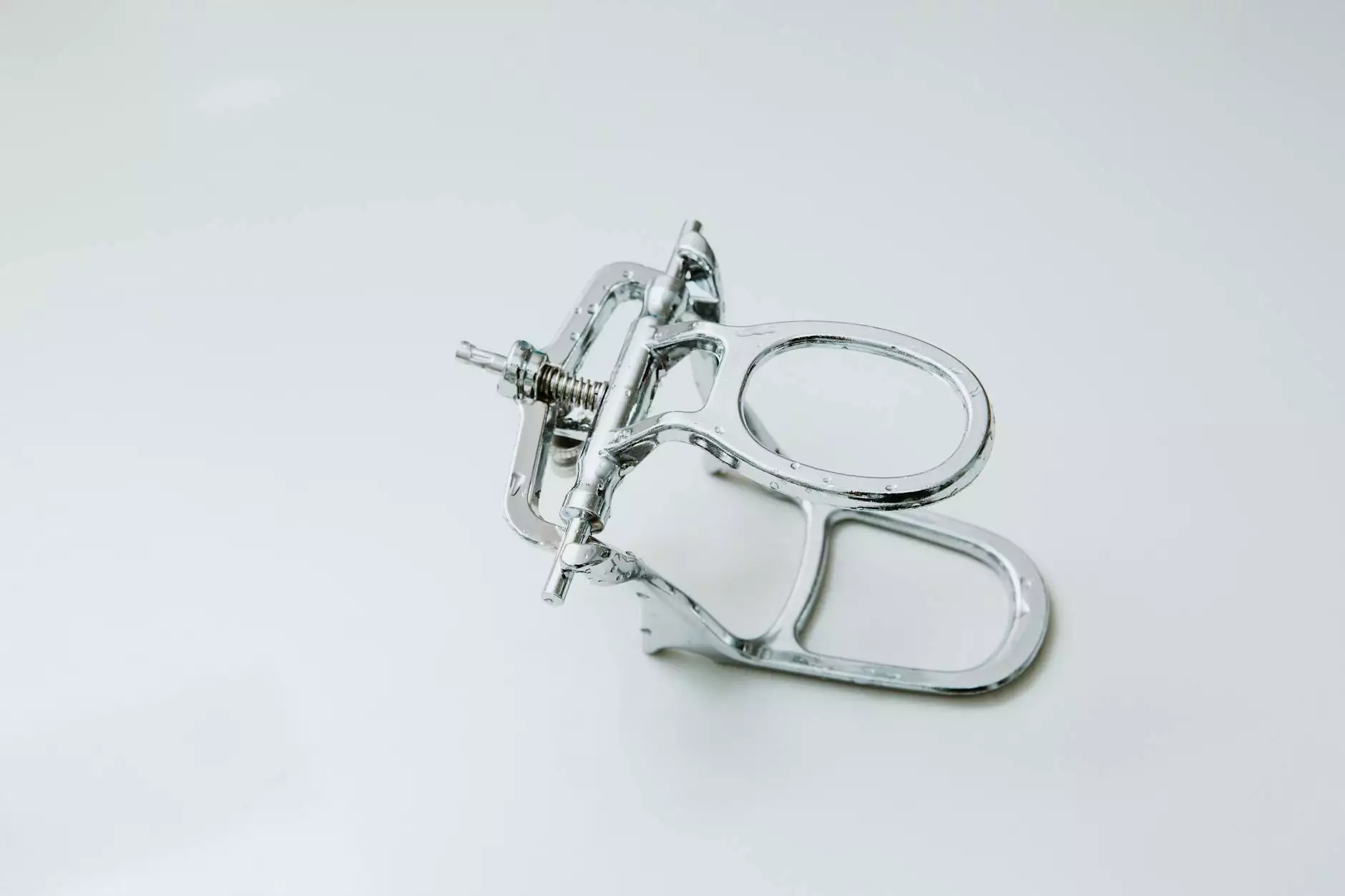Are There Different Types of Toothaches?
Oral Health
Welcome to Marvin Blumentritt, DMD - Troy Dental, where we specialize in providing top-quality dental services to our patients. One common concern that patients often have is whether there are different types of toothaches. In this comprehensive guide, we will take an in-depth look into the various types of toothaches, their causes, and effective treatment options.
The Causes of Toothaches
A toothache can be caused by various factors, including:
- Tooth decay: When bacteria in your mouth produce acids that erode the enamel, it can lead to cavities and toothaches.
- Gum disease: Inflammation and infection of the gums can cause tooth sensitivity and pain.
- Cracked or fractured tooth: A cracked or fractured tooth can expose the sensitive inner layers, resulting in toothache.
- Tooth abscess: An abscessed tooth, often caused by severe tooth decay or infection, can cause intense pain.
- Bruxism: Clenching or grinding your teeth, often during sleep, can lead to tooth sensitivity and aches.
- Impacted wisdom teeth: When the third molars don't have enough space to fully emerge, they can cause pain and discomfort.
- Dental trauma: Accidents or injuries that damage the teeth can lead to toothaches.
Identifying Different Types of Toothaches
Each type of toothache presents with unique characteristics that can help in identifying the underlying issue. Here are some common types of toothaches:
1. Sensitivity to Temperature or Pressure
If you experience sharp pain or discomfort in response to hot or cold foods/drinks or while biting down, it could indicate tooth sensitivity. This sensitivity may be due to worn enamel, exposed tooth roots, or cavities.
2. Constant Throbbing Pain
A constant throbbing pain, often accompanied by swelling and a foul taste in your mouth, could be a sign of an abscessed tooth. An abscess is an infection in the tooth's root or the space between the tooth and gums, and it requires immediate dental attention.
3. Sharp, Intermittent Pain
If you experience sudden, sharp pain that comes and goes, it could be a sign of a cracked tooth. A cracked tooth can be hard to detect visually and may require a dental professional to properly diagnose and treat it.
4. Pain from Wisdom Teeth
Wisdom teeth, also known as third molars, commonly cause discomfort and pain when they become impacted. Impacted wisdom teeth can lead to inflammation, swelling, and infection.
5. Headaches or Jaw Pain
Chronic headaches or jaw pain can result from teeth grinding, a condition known as bruxism. The excessive force exerted on the teeth can cause tooth sensitivity and pain.
Treatment for Toothaches
The treatment for a toothache depends on the underlying cause. Here are some common treatment options:
1. Dental Fillings or Sealants
If tooth decay is the cause of your toothache, your dentist may recommend removing the decayed portion and filling the cavity with a dental filling. Sealants may also be applied to protect the tooth from further decay.
2. Root Canal Therapy
If the toothache is due to an infected or abscessed tooth, a root canal procedure may be necessary. This involves removing the infected pulp inside the tooth and sealing it to prevent further infection.
3. Extraction
In cases where a tooth is severely damaged or impacted, extraction may be the best solution. Your dentist will discuss options for replacing the missing tooth, such as dental implants or bridges.
4. Occlusal Splints or Mouthguards
For toothaches caused by bruxism, your dentist may recommend wearing an occlusal splint or mouthguard. These devices create a protective barrier between the upper and lower teeth, reducing the impact of grinding or clenching.
5. Desensitizing Toothpaste or Fluoride Treatments
If tooth sensitivity is the cause of your toothache, using specialized desensitizing toothpaste or receiving fluoride treatments from your dentist may help alleviate the pain.
Preventing Toothaches
While toothaches can be bothersome, there are steps you can take to prevent them:
- Maintain good oral hygiene: Brush your teeth twice a day, floss daily, and visit your dentist regularly for cleanings and check-ups.
- Use fluoride products: Fluoride toothpaste and mouthwash can help strengthen enamel and prevent tooth decay.
- Wear a mouthguard: If you grind your teeth, wearing a mouthguard while sleeping can prevent tooth damage.
- Avoid excessive sugar: Limit your intake of sugary foods and drinks, as they can contribute to tooth decay.
In conclusion, toothaches can have various causes, and it's essential to identify the type of toothache to receive appropriate treatment. Marvin Blumentritt, DMD - Troy Dental is dedicated to providing top-notch dental care and treatment options for all types of toothaches. If you're experiencing tooth pain, don't hesitate to contact our experienced team for a thorough evaluation and personalized treatment plan.










